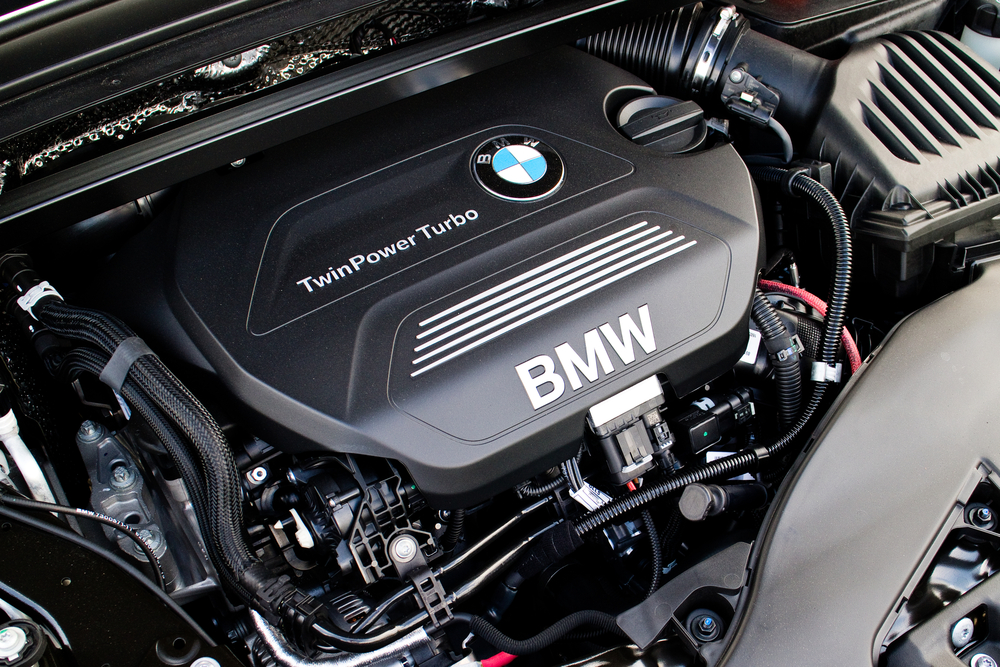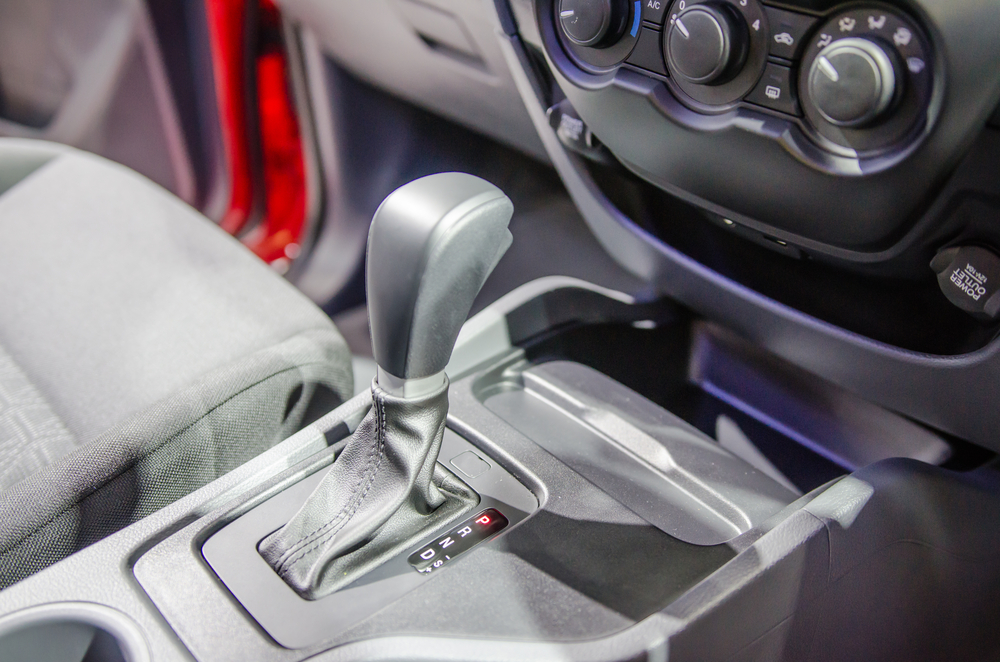The integrity of a windshield is critical if you want your drive to be a safe one. Whether it’s dirt and plant debris or cracks from pebbles, your windshield is subjected to a number of unfriendly conditions during summer. All the more reason to make sure you take care of it!
Keeping It Clean
Naturally, a big part of optimizing visibility during your drive, as well as the all-around condition of your windshield, is to clean it regularly and properly. When summer is in full effect, you should always be aware that the of accumulation of dust and abrasive particles can have an unfortunate effect on both the glass and the integrity of your wipers. This goes double for larger chunks of other seasonal material. Visually inspect your windshield often. Use a high-quality microfibre towel and glass cleaner to wipe it down as necessary. Don’t forget to lift your wipers when you do this, and finish up by buffing in a circular motion with a dry towel of the same material.
Mind the Heat
A simple wash isn’t the only thing necessary to keep a windshield in good condition. During summer, when the temperatures go up and the sun beats down on all the surfaces of your BMW, there are many things to bear in mind. If your windshield has been exposed to high temperatures and you suddenly douse it with cold water when washing your car, the ensuing rapid temperature change could land you with a crack or two. For the same reason, suddenly blasting your A/C at its coldest setting when you get in the car after it’s been parked in the sun isn’t a great idea either!
The Importance of Repairs
If your windshield has sustained some cracks, whatever the cause, it’s critical to have them addressed as soon as possible. In the heat of summer and in the process of scrubbing to maintain cleanliness, a crack is only bound to get worse. Whether it’s a small chip or a larger fracture, you’re better off taking your BMW to an expert to have it looked at, especially if you’re planning on going for a summer road trip. All that vibration during an extended drive will only make things worse and can potentially lead to a more costly repair.
Interior or exterior, a BMW deserves the best care from both its driver and a certified BMW technician. You’ve got that first thing covered, and you can count on us for the second! We have all the right software, hardware, and experience, so call Motorwerkes at (403) 768-3169 today.





